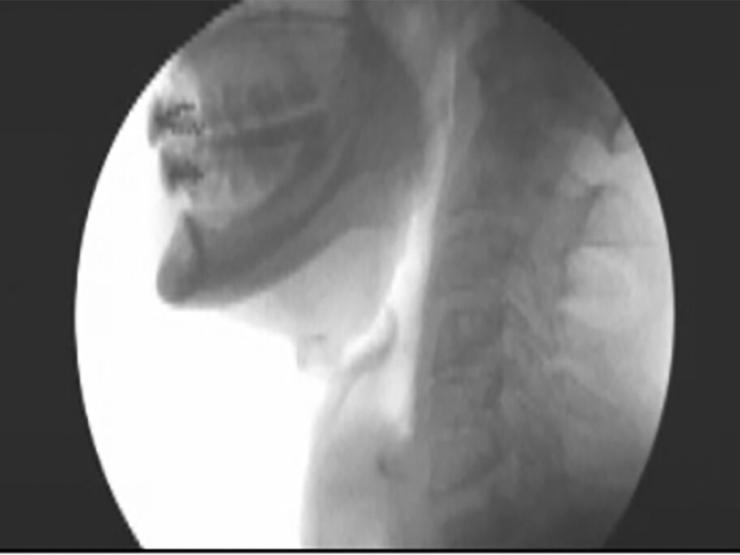The Student Conduct Process is an educational process seeking to create a safe learning, living, and working community in which teaching, scholarship, and creative work thrives at the highest level.
The model for the College’s Student Conduct Process is that of a College administrative proceeding, rather than criminal or civil trial. Therefore, the participation of attorneys, formal rules of evidence, and procedures correlating with criminal justice system are not applicable. In the Student Conduct Process, all academic and non-academic discipline matters, with the exception of any reported misconduct that would constitute a violation of the College’s Policy Against Discrimination, Harassment, and Sexual Violence, will be reviewed by following the Student Conduct Process.
Reports that a student engaged in behavior that may have violated the College’s Community Standards are reviewed through an Administrative Hearing or Conduct Board Hearing. Through these processes, a determination is made if a student violated a Community Standard and if so, sanctions are assigned that are designed to hold the student accountable, educate the student, and repair any harm caused by the student’s initial behavior. The Associate Dean or Campus Life or designee may refer multiple reports of a single student’s behavior to a single hearing if the reported behavior is relatively closely related in time and/or nature. Reports received by the Office of Community Standards will typically be referred to an Administrative Hearing for review unless the student requests that a Conduct Board Hearing or Resolution Panel be convened. In more serious matters or matters where a student may be facing removal from the residence halls, suspension from the College or dismissal from the College, a Conduct Board Hearing will typically be convened.
A student may be referred to the Student Conduct Process when a student is charged with a violation of law that is also a violation of the College’s Community Standards; for example, if both violations result from the same factual situation, without regard to pendency of civil litigation in court or criminal arrest and prosecution. Proceedings within the Student Conduct Process may be carried out prior to, simultaneously with, or following civil or criminal proceedings off campus at the College’s discretion.
In an effort to provide fundamental fairness, ensure community safety, and provide appropriate response to a sensitive or serious incident, the College has the discretion to refer any matter to an Administrative Hearing or Conduct Board Hearing for review, and/or identify alternative procedures for resolution.
The effectiveness of the Student Conduct Process relies upon the cooperation of all participants in an orderly and fair exchange of information. All parties appearing before the various hearing bodies or Resolution Panel are expected to show consideration for each other so that the fact finding and analysis may proceed in a reasoned and reliable way. The Hearing Officer or Hearing / Panel Administrator shall have the authority to remove any participant from an Administrative / Conduct Board Hearing or Resolution Panel. Should this occur, the Hearing Officer or Hearing / Panel Administrator has the discretion to continue with the hearing or panel without the participant or reschedule the hearing or panel.
Brief Overview of the Administrative Hearing Process
- An incident report or general report (i.e. email) is sent to the Office of Community Standards (OCS)
- OCS reviews all submitted material and reaches out to those involved, starting with the Reporting party (if known) to gather more information and confirm details.
- Individuals who are listed as the Responding Party(s) will receive an email requesting a meeting to discuss the incident. Please note, a meeting does not mean anyone is responsible for a policy violation(s), it is part of the information gathering process.
- The Responding Student will typically receive no less than 48 hours notice of the time and location of the meeting. If a student cannot meet at the agreed upon time, it is up to the student to reschedule. The College reserves the right to proceed with the process whether or not the responding student attends the meeting.
- If there is not a clear violation of a policy, a student may not be found responsible, but may be sent an email reminder regarding College policy. (i.e. COVID-19 policies, Quiet Hour reminder, etc.)
- During the meeting, the Hearing Officer will review the incident as well as all reported Community Standards violations with the Responding Student. The Student and Hearing Officer will discuss what happened, the Responding Student will be able to share their perspective and understanding of the incident. During this conversation the Responding Student can acknowledge that they are responsible for a policy violation(s) or share information as to why they are not responsible for a policy violation(s).
- Based on preponderance of the evidence the Hearing Officer will determine if it is more likely than not the Responding Party violated a policy(s).
- If a Responding Student accepts responsibility or is found responsible for violating a policy(s) the Hearing Officer will review potential sanctions for the violation(s.)
- An outcome letter detailing the conversation between the Hearing Officer and Responding Student, as well as any sanctions, will be sent via email to the Responding Students. Note, letters are still sent even if a Responding Student is found not responsible for a violation. This email will detail the conversation and explain why a Student is not responsible for a violation(s).
- A Responding Student has 7 calendar days from the date of their outcome letter to appeal; review the appeal process.
